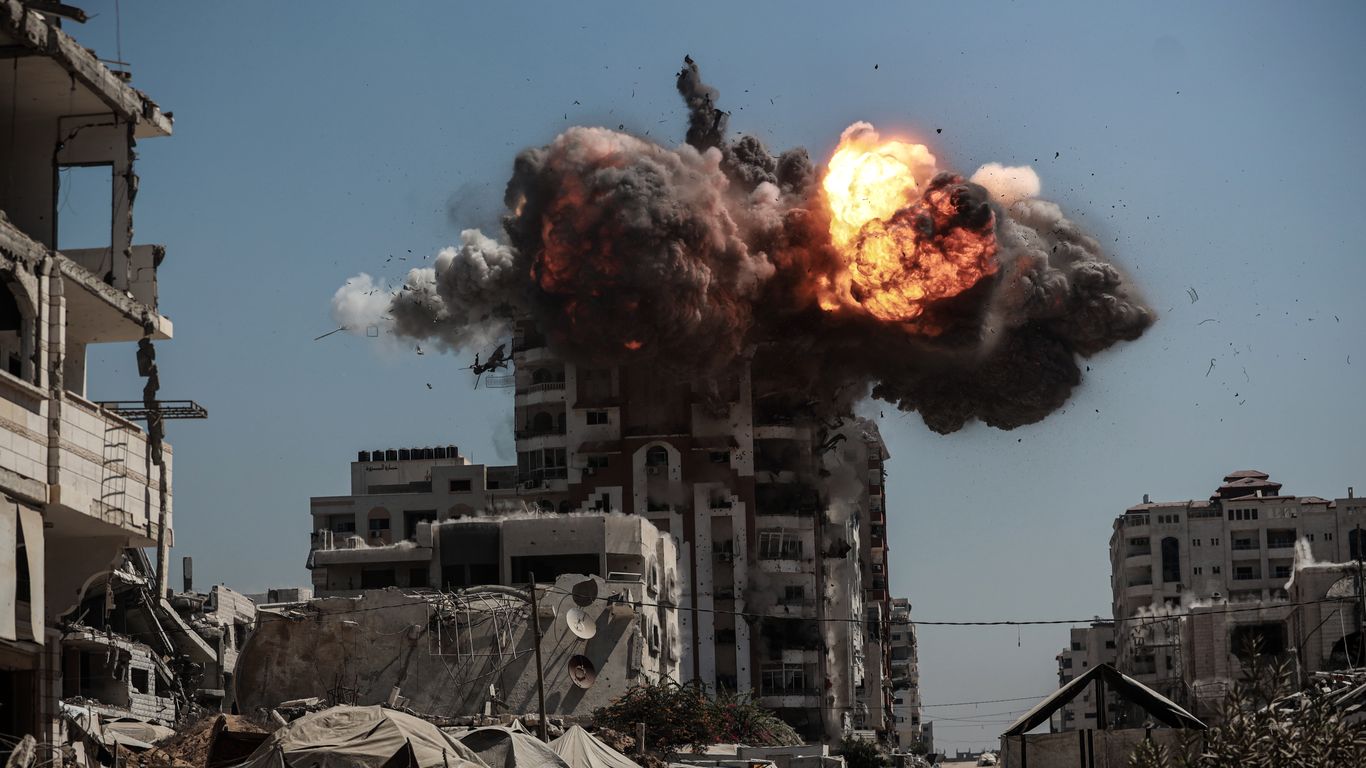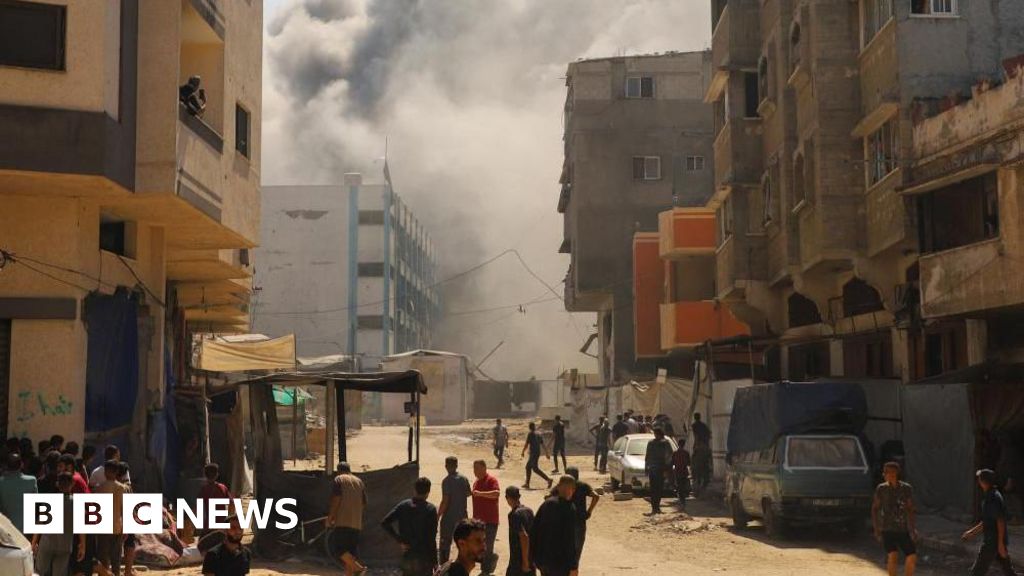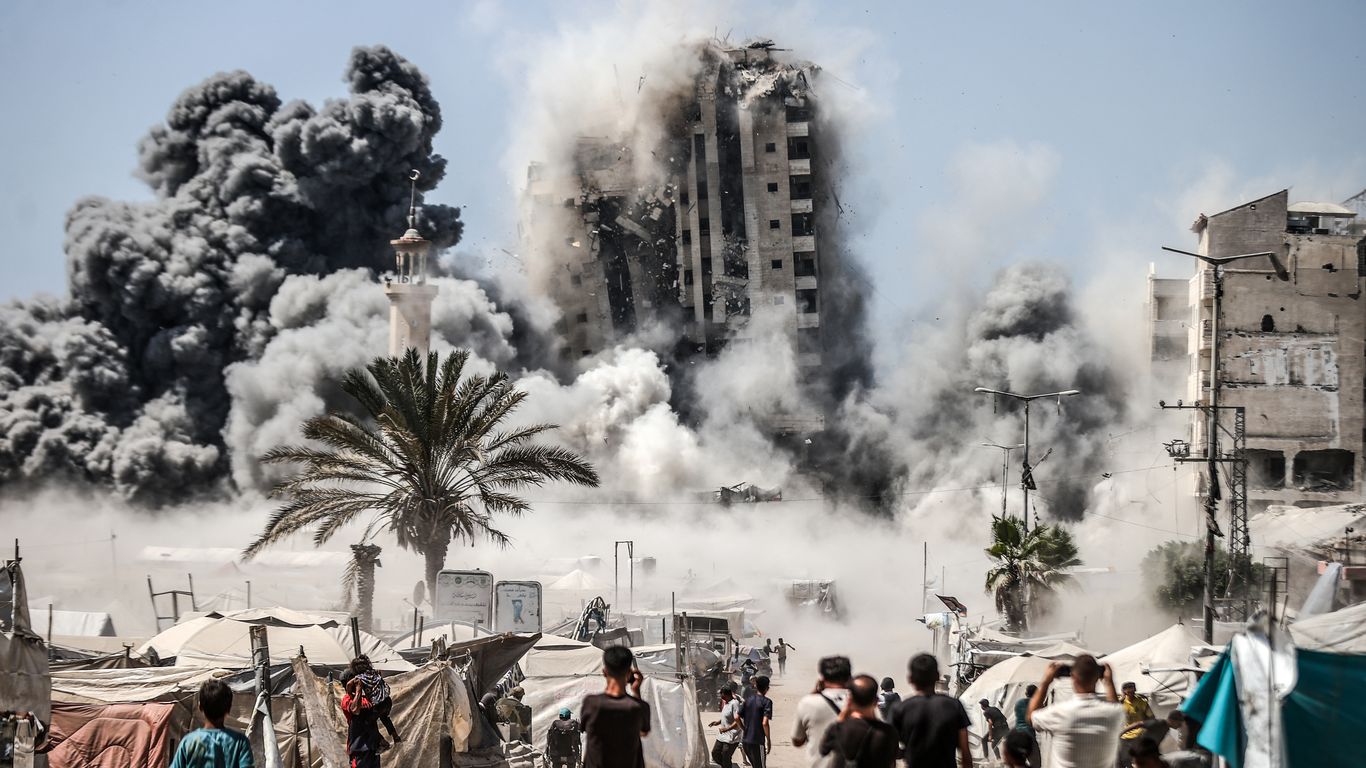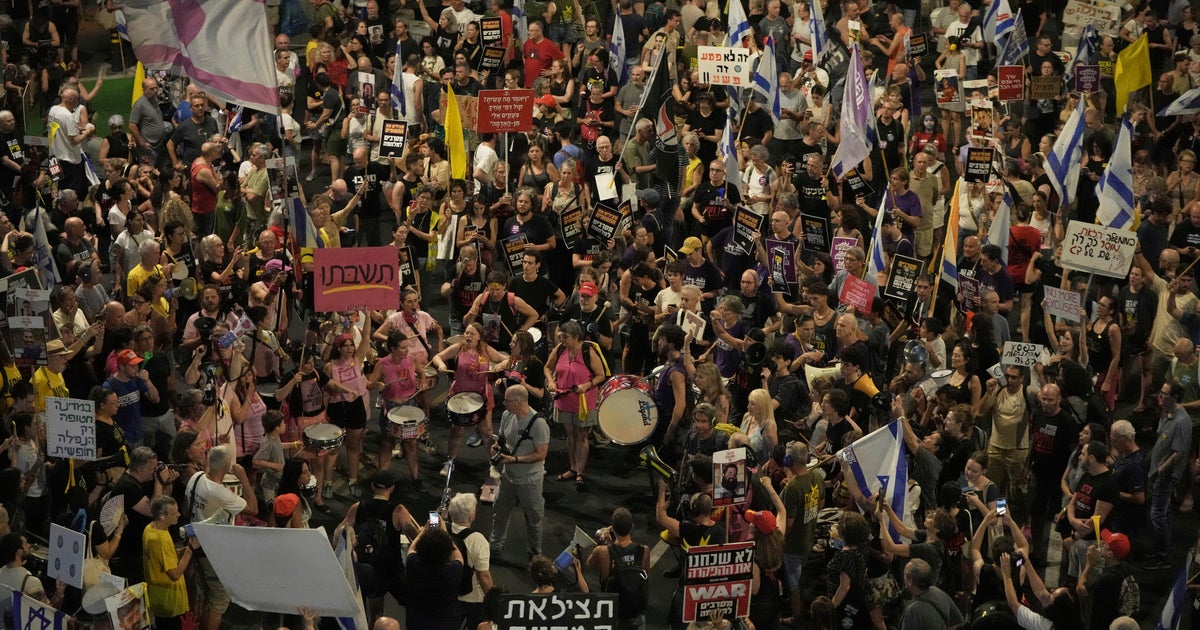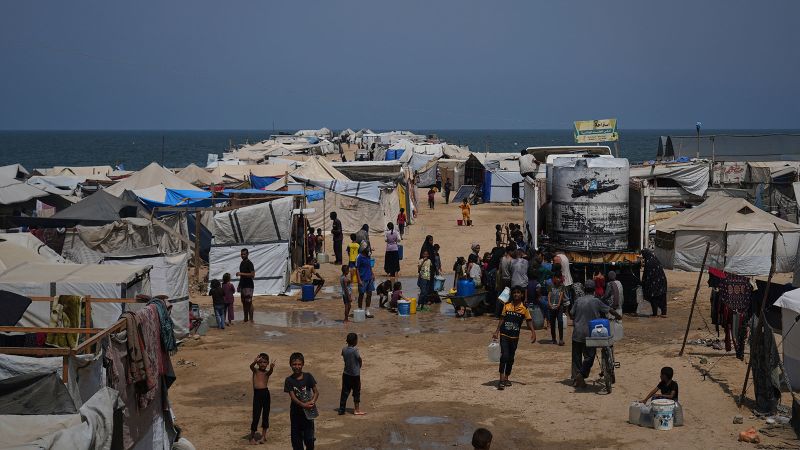The Widening Israeli Ground Invasion in Gaza City: Challenges for Palestinian Journalists and Civilians

Introduction
Gaza City, the largest city in the Gaza Strip, has been facing a dire situation as Israeli forces continue their ground invasion. Palestinian journalists have reported constant gunfire in the city, while hundreds of thousands of civilians remain trapped and vulnerable. The Israeli military has effectively encircled Gaza City, cutting off communication and leaving the residents in a state of fear and uncertainty.
Challenges for Palestinian journalists
The ongoing conflict has made it extremely difficult for Palestinian journalists to report on the situation in Gaza City. The constant gunfire and lack of communication have made it nearly impossible for them to document the events and share them with the rest of the world. This not only hinders the freedom of press, but also prevents the world from getting a true understanding of the situation on the ground.
The impact on civilians
The continuous fire and communication cut-off have created a state of chaos and danger for the people of Gaza City. With no means of communication, civilians are left in the dark about the developments and unable to seek help or safety. This has resulted in a dire humanitarian crisis, with many people unable to access basic necessities and medical care.
In conclusion, the widening Israeli ground invasion in Gaza City has created a challenging and dangerous situation for both journalists and civilians. It is crucial for the international community to take action and help put an end to the violence and suffering in
About the Organizations Mentioned
Palestinian journalists
The **Palestinian Journalists' Syndicate (PJS)** is a principal professional organization representing Palestinian journalists both inside Palestine and abroad. Founded in 1979 initially as the Arab Journalists League in Jerusalem, it operates with an independent legal personality and a pluralistic character, serving as the comprehensive trade union framework for all Palestinian media professionals[1][7]. Its headquarters are in Jerusalem, with branches across Palestinian governates. PJS’s mission centers on safeguarding journalists' rights, freedoms, and professional development, promoting democratic values, public awareness, and media independence. It aligns closely with the Palestinian National Authority and the Palestine Liberation Organization, advocating for Palestinian national goals such as freedom, independence, and the right of return[1]. Palestinian journalists under its umbrella are noted for highly professional media work that significantly contributes to spreading Palestinian national narratives and democratic ideals, particularly in the face of Israeli occupation and censorship[1][3]. Historically, Palestinian journalists have faced extreme risks, including threats from occupation forces and challenges like algorithmic censorship limiting their reach. Despite this, they maintain a strong commitment to their dual roles as reporters and national storytellers, often viewing journalism as both a vocation and a form of resistance[3][6]. The PJS, in collaboration with organizations like UNESCO, has helped establish safety networks and training programs to protect journalists working in dangerous conditions, especially in Gaza and the West Bank[5]. The organization’s current status is active and influential within Palestinian media, playing a crucial role in advocating for journalist safety, professional standards, and media freedom in a highly volatile environment. It is closely linked with the General Union of Palestinian Writers and Journalists, which maintains a presence internationally, including a registered entity in London focusing on news agency and communications activities[4]. Notably, Palestinian journalists often face external pressures and campaigns aimed at silencing their voices, highlighting the PJS’s critical role in defending media freedom and ensuring Palestinian narratives reach the global stage[2]. This resilience make
Israeli military
The Israeli military, officially known as the Israel Defense Forces (IDF), is a highly integrated and technologically advanced defense organization. Established in 1948 following Israel's declaration of independence, the IDF has evolved into a robust force comprising the army, navy, and air force. Its core mission is to protect Israel's sovereignty and security in a region with multiple strategic challenges. ## History and Evolution The IDF's history is marked by adaptability and innovation. Initially structured as a ground-forces army with air and naval support, it has transformed over the years to incorporate cutting-edge technology and specialized units. The IDF has played a pivotal role in numerous conflicts, including the 1967 Six-Day War and the 1973 Yom Kippur War, where it demonstrated its strategic capabilities. ## Key Achievements - **Technological Advancements**: The IDF is renowned for its technological prowess, particularly in missile defense systems like the Arrow and Iron Dome. These innovations have significantly enhanced Israel's defense capabilities. - **Specialized Units**: The IDF boasts elite units such as the Paratroopers and the Commando Brigade, which have been instrumental in counter-terrorism operations. - **International Cooperation**: The IDF has fostered close military relations with the United States, contributing to joint projects and strategic planning. ## Current Status Today, the IDF faces a complex security landscape with multiple fronts, including threats from Hezbollah, Hamas, and Iranian proxies. In response, Israel is debating future force structures, emphasizing strategic planning, technological integration, and regional defense alliances. ## Notable Aspects - **Integration and Innovation**: The IDF's structure combines air, ground, and sea forces more closely than most militaries, allowing for rapid mobilization and coordination. - **Conscription and Reserves**: The IDF relies heavily on conscription and a well-trained reserve force, ensuring a robust military capability despite its relatively small active-duty component. - **Societal Impact**: Beyond defense, the IDF plays a significant role
international community
The term **"international community"** broadly refers to the collective group of nations, intergovernmental organizations (IGOs), and other entities that cooperate on global issues to promote peace, security, economic development, human rights, and environmental protection. It embodies a shared vision of a better world based on common values, international law, and mutual interests, as articulated in the United Nations Charter and other key frameworks[4][5]. Historically, the concept gained prominence with the establishment of formal IGOs such as the **League of Nations** after World War I, and more successfully, the **United Nations (UN)** after World War II. IGOs are legally established by treaties involving two or more nations, giving them international legal personality and the authority to address global challenges through enforceable agreements[1][2]. Key examples include the UN, NATO, the World Trade Organization (WTO), and the European Union (EU). These organizations facilitate cooperation on security, economic policy, humanitarian aid, and legal standards[1][2]. The international community's **key achievements** include maintaining relative global peace through collective security mechanisms (UN peacekeeping), fostering international trade and economic development, advancing human rights conventions, and coordinating responses to global crises like climate change and pandemics[1][4][5]. More recent contributions include supporting minority rights and peacebuilding efforts, such as those by the International Communities Organisation (ICO), which promotes reconciliation and minority participation, particularly in conflict regions[3]. Currently, the international community operates through a complex web of IGOs, international law, treaties, and multilateral diplomacy. Despite criticisms regarding its elasticity or selective effectiveness, it remains the primary forum for addressing transnational challenges in an increasingly interconnected world[4][5]. For business and technology sectors, the international community influences global regulatory standards, trade policies, and cooperative frameworks essential for innovation, cybersecurity, and sustainable development. Notably, the international community is not a monolithic entity but a dynamic system wher

